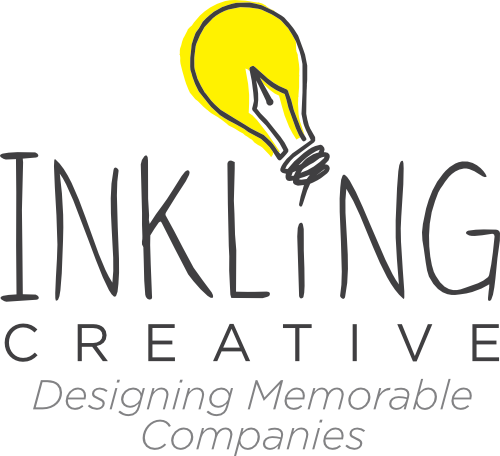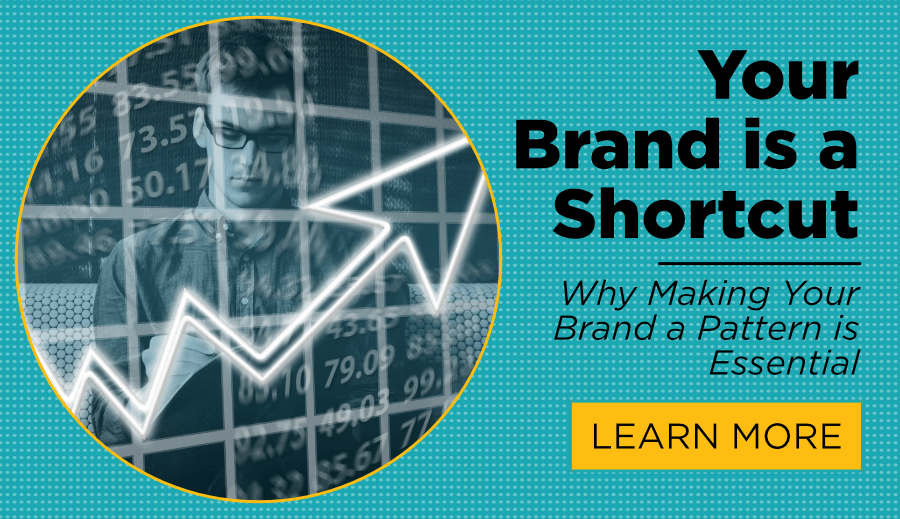Humans in the twenty-first century take in a ton (*technical term) of information. Robert Cialdini, in his book Influence, explains that because of this, our brains have to make shortcuts. These shortcuts help us make decisions faster (i.e. we assume — sometimes incorrectly — that expensive = good).
Cialdini talks about creating shortcuts from the perspective of influence, but I want to talk about it from the perspective of branding and brand consistency.
Especially in America, but to some degree across the world I think (my international friends can correct me on this), there are a few brands that have worldwide recognition.
Apple and McDonalds are two of them.
These companies have not only visually branded themselves with utmost consistency, they provide a consistent brand experience. This means that your experience and interaction with a company or brand is going to be virtually the same, wherever you are. (Though, depending on the product, there may be cultural differences.)
Brands like this have made themselves patterns — you know what to expect from them. And patterns are shortcuts.
What do shortcuts have to do with neuroscience?
We discussed in the previous blog how when a brand is consistent, our brains make it a pattern. Neuroscience News quotes researcher Arkady Konolov who says people learn patterns and develop rules based on those patterns. These patterns guide our decisions, making them faster and more accurate.
Because we know what to expect from these patterns, they become shortcuts that speed up our decision-making...or basically, your brand is a shortcut.
Apple and McDonald's are clear examples of how a brand becomes a pattern and a “shortcut” in our brains. We know what to expect. These companies’ brand consistency — their “sameness” over time — is what makes that happen.
To break it down even more, these companies’ brand consistency means that these companies are trustworthy. More than that, it means,
A consistent brand is a trusted brand.
We do business, quickly, with companies we trust. (i.e. we know exactly what to expect when we buy from Apple.)
For another example, imagine you are in a new area. You need your coffee, and you have to make a decision about where to get a decent cup. Chances are, if you see one, you’ll go to a Starbucks or Dunkin’ Donuts nearby. Why? Because you know what to expect at those places. We are familiar with them.
It’s human nature not to like risks.
Imagine you’re even further away — in a different country. You’re extremely hungry. Then you see a McDonald’s. Depending on your feelings about McDonald’s, if you’re hungry enough, you’ll go. It’s familiar — you know what to expect (your Big Mac is not going to be...raw liver).
“Okay,” you may be thinking, “great examples, but…
What does this mean for my business?
Is your business known for something? What exactly do you do?
Whatever it is that your business does, you want your business to be top of mind for that “thing.”
When your business presents itself consistently over time — with both your visual identity and your messaging — you become top-of-mind for whatever it is that your business does.
When your business is top-of-mind, you have become a pattern. Because you are a trustworthy pattern, people don’t need to think twice before doing business with you.
So that’s your action item for this month:
Make sure you know what your business does — what you want to be top-of-mind for. Clarify your messaging around whatever that is, and consistently use it in your marketing.
For example, Inkling Creative makes companies memorable using graphic design, branding, and print. If you or anyone you know needs any of those services, think of us ;+)

